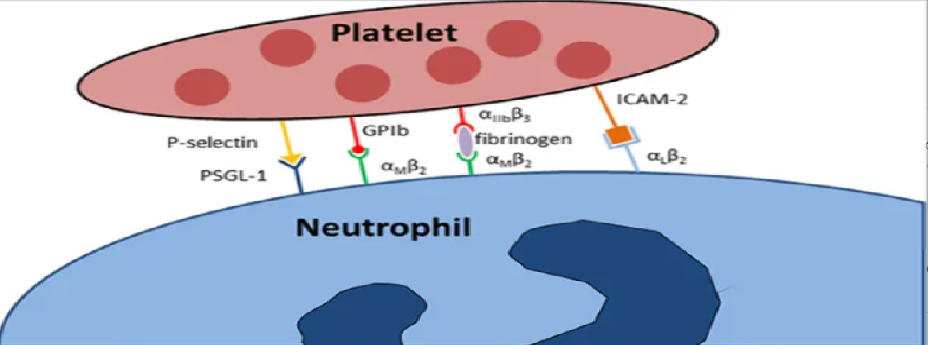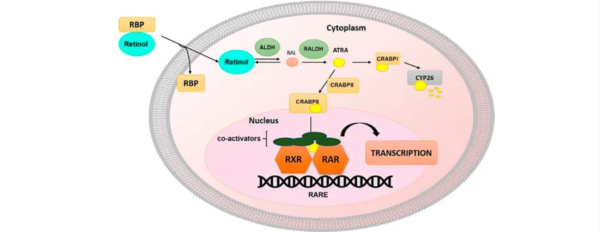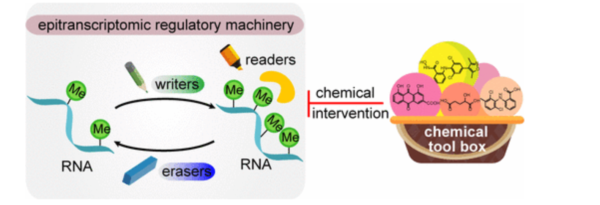The interaction between Macrophage-1 Antigen (Macl) and Glycoprotein Ib alpha (GPIb α) plays a critical role in mediating platelet adhesion to injured blood vessels. Dysregulation of this interaction can lead to thrombotic disorders, such as arterial thrombosis and ischemic stroke. To facilitate research in this field, the Macl-GPIb Alpha Interaction Library has been developed, offering a collection of ligands designed to modulate and study this interaction. In this article, we explore the significance of the Macl-GPIb Alpha interaction, highlight key ligands in the library, and discuss the potential impact of the Macl-GPIb Alpha Interaction Library in drug discovery and therapeutic development.
Understanding the Significance of Macl-GPIb Alpha Interaction:
The Macl-GPIb Alpha interaction is crucial for platelet adhesion, specifically under high shear stress conditions. GPIb α, expressed on the surface of platelets, acts as a receptor for von Willebrand factor (vWF) exposed at sites of vascular injury. Macl, present on the endothelial surface and subendothelial matrix, interacts with GPIb α, leading to stable platelet adhesion and the formation of platelet thrombi. The Macl-GPIb Alpha Interaction Library provides researchers with a valuable resource to investigate this interaction and develop interventions for thrombotic diseases.
Key Ligands in the Macl-GPIb Alpha Interaction Library:
2.1. Macl Receptor Antagonists:
The library includes a diverse collection of ligands designed to inhibit the Macl receptor binding site, preventing its interaction with GPIb α. These antagonists can be used to explore the impact of inhibiting Macl-GPIb α interaction on platelet adhesion, thrombus formation, and hemostasis regulation. The Macl receptor antagonists offer potential therapeutic opportunities for preventing excessive platelet activation and reducing the risk of thrombotic events.
2.2. GPIb Alpha Agonists/Antagonists:
The Macl-GPIb Alpha Interaction Library also provides ligands targeting GPIb α, which can modulate its function and influence platelet adhesion. Agonists can be used to enhance platelet binding to vWF and promote hemostasis in specific clinical scenarios, such as surgical procedures. Antagonists, on the other hand, can help investigate the impact of inhibiting GPIb α function on platelet adhesion and thrombus formation, potentially leading to the development of anti-thrombotic therapies.
The Potential Impact of the Macl-GPIb Alpha Interaction Library:
The availability of the Macl-GPIb Alpha Interaction Library opens exciting possibilities for pharmacological research and therapeutic development. Researchers can utilize the library’s ligands to study the molecular details of the Macl-GPIb α interaction, uncover new insights into the regulation of platelet adhesion, and identify novel targets for therapeutic intervention. Screening the library against various Macl and GPIb α variants or mutant forms can help elucidate their functional roles and contribution to disease pathogenesis.
Advancing Drug Discovery and Therapeutic Development:
By leveraging the Macl-GPIb Alpha Interaction Library, researchers can accelerate the discovery and optimization of potential therapeutics for thrombotic disorders. The library facilitates the identification of lead compounds, optimization of pharmacokinetic and pharmacodynamic properties, and exploration of structure-activity relationships. Additionally, the library’s ligands can serve as valuable tools in preclinical studies to investigate the efficacy and safety of potential drugs targeting the Macl-GPIb α interaction.
Conclusion:
The Macl-GPIb Alpha Interaction Library represents a valuable resource for studying the Macl-GPIb α interaction and its implications in thrombotic disorders. Through the exploration of key ligands in the library, researchers can shed light on the molecular mechanisms underlying platelet adhesion and thrombus formation, leading to potential advancements in drug discovery and therapeutic interventions. The Macl-GPIb Alpha Interaction Library opens avenues for targeted research, laying the foundation for improved strategies to prevent and treat thrombotic diseases.




